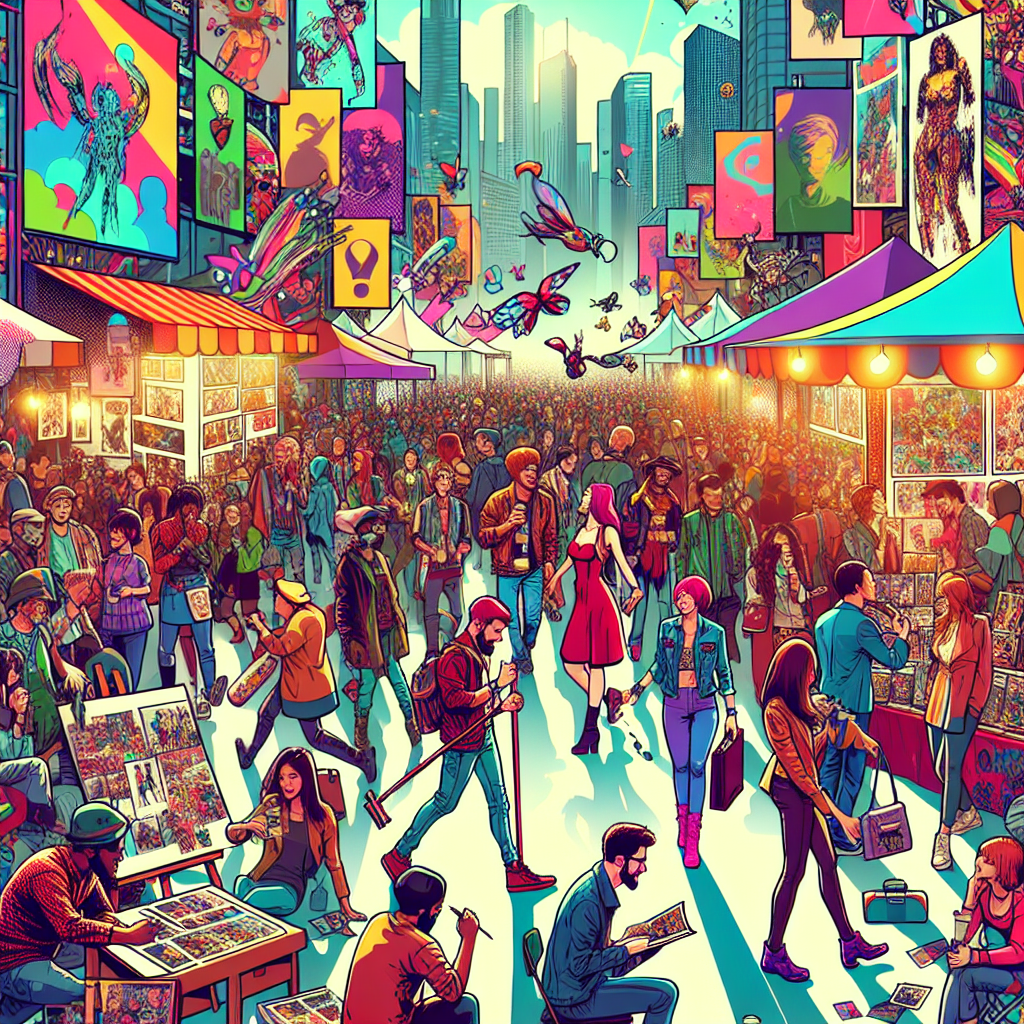Fandom Frenzy: Why Our Obsession with Stars and Stories is Far More Than Just Fun

In today's digital age, fandom has transcended mere admiration; it's a dynamic blend of community, identity, and often, deep emotional connections. From comic cons to online forums, the way fans engage with their beloved franchises is reshaping social interactions and cultural landscapes. This article delves into the psychology behind fan behaviors and explores what drives individuals to become deeply intertwined with their favorite characters, celebrities, or narratives.
The Anatomy of Fandom: More Than Just a Hobby
At its core, fandom is a cultural phenomenon that allows individuals to express their passions and find like-minded communities. Studies suggest that more than 70% of fans feel a profound sense of belonging tied to their fandom. But what propels this sense of connection?
For many, engaging with fandom provides an escape from everyday life. The stories and characters offer a safe haven where fans can immerse themselves in alternate realities, experiment with identities, and even confront real-world issues from a distance. Psychologists refer to this as "transportation" — a psychological state where fans become engrossed in the story, fostering emotional responses and personal reflections.
The Social Aspect: Building Communities and Creatives
Fandom transcends geographical and cultural boundaries, creating communities united by shared interests. Platforms like Twitter, Reddit, and Discord have transformed the way fans communicate, allowing them to interact with people worldwide. Events like San Diego Comic-Con showcase the collective energy of these communities, where individuals celebrate their passions, meet fellow enthusiasts, and even engage with creators.
Moreover, the social aspect of fandom is not just about appreciating the content; it often includes creation. Fan art, fan fiction, and cosplay are just a few ways fans express their love for their favorite series or characters. This kind of creative expression can lead to personal growth, skill development, and in some cases, even professional opportunities in creative fields.
The Dark Side of Fandom: When Passion Turns to Obsession
While fandom can foster community and creativity, it can also lead to negative behaviors, sometimes referred to as "toxic fandom." Examples include gatekeeping, harassment, and intense rivalries between fan groups, particularly in competitive spaces like gaming or sports. Toxic behaviors can create an unwelcoming atmosphere, driving people away from the very communities they seek support from.
The crucial question is: how do we balance passion and obsession? A healthy fandom engages with content in a way that enhances joy and connection, while a toxic fandom can become increasingly exclusionary and harmful. It's imperative for fans to recognize signs of obsession and strive toward maintaining the inclusive and supportive spirit that makes fandom so appealing in the first place.
Conclusion: The Evolving Landscape of Fandom
As we move further into an era dominated by streaming services, social media, and interactive content, the landscape of fandom will continue to evolve. Understanding the motivations behind fan engagement not only sheds light on individual behaviors but also offers insight into broader cultural trends. Fandom is not merely a pastime; it's a complex interplay of identity, community, and creativity that reflects our deepest desires for connection, understanding, and expression.